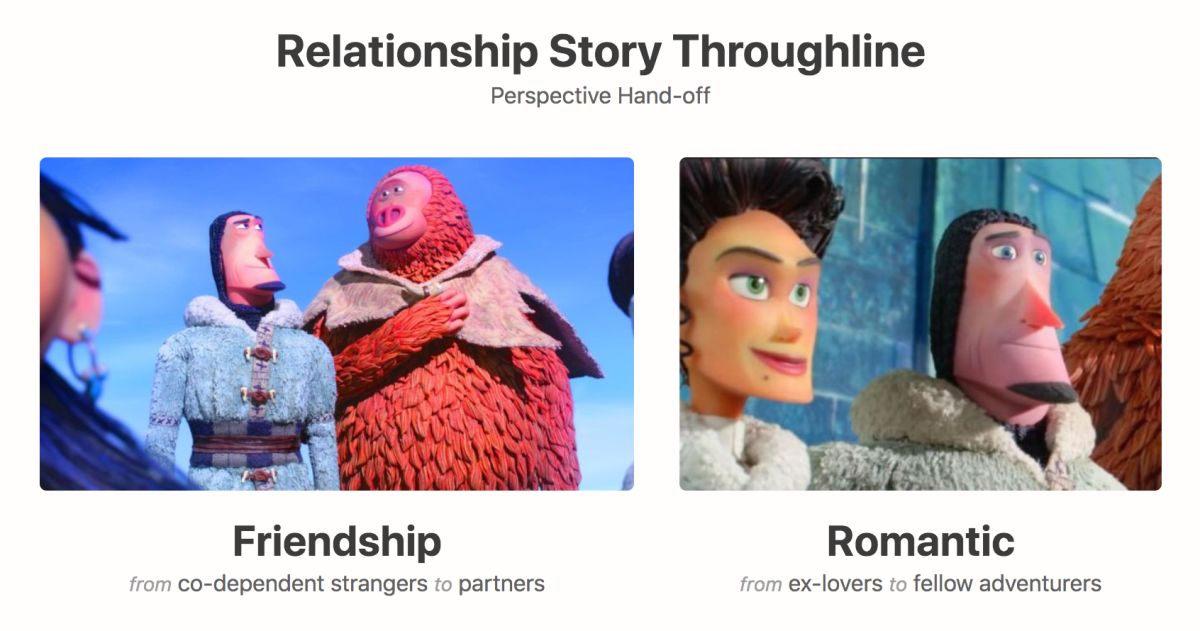
Missing Link
The art of civilized storytelling.
In the midst of living up to established standards, taking everything and everyone at face value jars the ambitious out of their slumber. Once awakened, the blind now see that the only path towards success lies in living outside of the norm. By trusting in those closest to us and nurturing those friendships, we find companionship along the journey towards being truly great.
Missing Link is an animated film. Yet, in the span of ninety minutes and with only puppets to speak its truth, the film manages to communicate the vast intricacies of the message above.
Lionel Frost (Hugh Jackman) is a man of little reputation. Driven to meet the lofty markers of the adventure-set community, Lionel sets out across the world to prove his mettle. While a film about man’s link to the past and the footsteps he leaves behind, Missing Link centers on the evolution of Lionel himself. By standing up against those he sought to impress and deeming their small thinking intolerable, Mr. Frost shatters the bridge spanning the chasm between his former and current self.
Lionel’s perspective is one of Universe—reputation and status. The Problem of Accurate, of meeting those standards, drives Lionel to show what he can do to reach that Main Character Direction of Proven.
Eventually, Frost moves out of his limiting perspective and into a more abundant mindset—one that sees living outside of tolerances as a personal choice. This Solution of Deviation, of feeling comfortable with calling his male-friend “Susan”—even if it is a lady’s name—encapsulates the path towards a Changed Resolve. Lionel’s Concern of Progress is not his alone to bear, nor one he often considers within the confines of the film. Instead, it is writer/director Chris Butler’s Concern that Lionel evolves that sets the course for this Throughline.
Sasquatch Link (Zac Galifinakis) sees the world differently—if he even takes a moment to consider this world at all. Oblivious to local customs and ignorant of the most basic of manners, Mr. Link is indeed a link to our original selves. Stripped of pomp and affectation, Link behaves as a child of man, reliant only on the essentials of survival—including taking one’s companions at their word.
The piercing hilarity of Link’s character is this Obstacle Character Issue of Value made manifest in his every move. Tossing the entire rope, hook and all, over the wall Lionel intends to scale. Throwing their whole pack over the same wall following Lionel’s sarcastic response to the first. Being the first to ask about the chicken when everyone was warned over and over again not to ask about the chicken. Link’s point-of-view strips away the justifications of Lionel’s character by pointing out the effects of living an indirect life.
Mr. Link’s impact emanates from a perspective of Mind—a fixed innocent attitude unaware of limiting beliefs brought on by social proof. This Obstacle Character Problem of Proven upsets the Preconscious, an area of the Mind reserved for impulsive behavior unencumbered by modern notions of civility.
Or tradition.
While firmly situated in the classic Hollywood genre of romantic adventure, Missing Link breaks custom by skipping out on boy gets girl:
The best example of what sets Missing Link apart is the film’s conclusion. That the yetis, whom Mr. Link believes he’s related to, don’t want anything to do with him is certainly a twist, but even more striking is the way Adelina, Lionel’s former flame, rejects what would be the climactic, movie-ending kiss. Instead, she tells him that she thinks she can do better and sets off for an adventure of her own.
More than a pure pandering to the current social climate, Adelina’s refusal resonates objectively with Lionel’s subjective dismissal of the old boy’s club.
Stories resonate when they deliver an experience impossible to achieve in our own lives—the ability to be both within, and without. Lionel’s personal Solution of Deviation matches Adelina’s Objective Story Solution of Deviation. By juxtaposing both within the context of a single film, Butler gives meaning to the Story Goal of Being:
“This is a story about characters who are looking for where they belong, trying to find where they belong; the search for Shangri-La really is that search for their own personal utopia,” Butler explained.
And that search is not one undertaken alone. Trust, both shattered and new, drives the interpersonal relationships of Missing Link. The lack of trust in the remnants of the romantic relationship finds Adelina pulling a gun on Frost. The burgeoning friendship between man and beast seeks greater trust to grow in strength.
Reliance on social proof and measures of standards end when confronted with a heart driven to trust. The Storymind of Missing Link finds its complimentary Storyheart in the Relationship Story Problem of Trust. Whether dissolving or building, this heart-center grows within the context of Physics, of physical activities both treacherous and hilarious. The simple act of going on an adventure together, a Relationship Story Concern of Doing, transforms the ways we relate to one another. In the case of Missing Link, romantic adventure becomes more than a genre classification—it defines a greater appreciation of what lies between us.
Download the FREE e-book Never Trust a Hero
Don't miss out on the latest in narrative theory and storytelling with artificial intelligence. Subscribe to the Narrative First newsletter below and receive a link to download the 20-page e-book, Never Trust a Hero.


